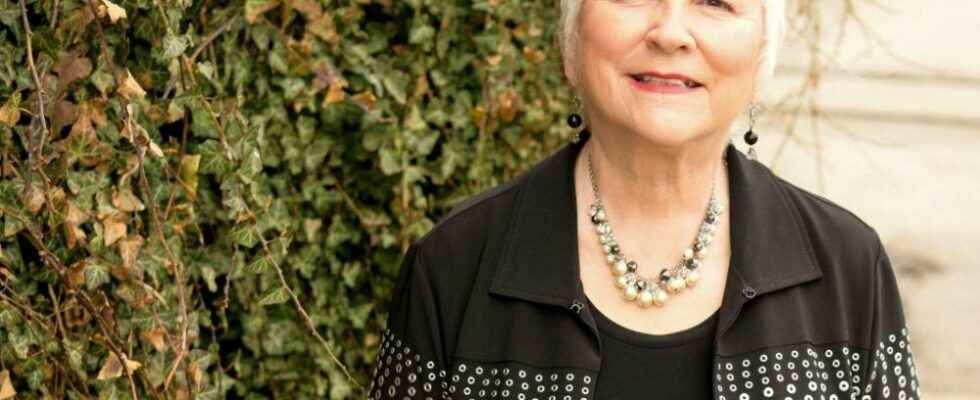
Sarnia’s Helen Cole says her mission to help create parity in the number of women and men serving in municipal office in Lambton County may not be accomplished quickly.
Cole, who served on city council in St. Thomas for nine years before moving to Sarnia and managing the local Canadian Cancer Society office before retiring in 2013, launched the project known as the Jean Collective with others following the previous municipal election.
Named for Jean Macdougall – Cole’s mentor during her years in municipal politics – the group works to encourage and help prepare women to run for office on councils across Lambton, including Sarnia.
“I’m now beginning to realize this isn’t something that can happen in a couple of years,” Cole said about the goal of seeing equal numbers of men and women on municipal councils. “This is a more long-term project.”
In the past few years, the Jean Collective created a series of online workshops and presentations that can be accessed through its website, thejeancollective.ca.
While women make up half of Canada’s population, they hold only 18 per cent of mayor’s offices and 28 per cent of municipal councilor seats, Cole said.
In Lambton County, women hold 13 of 61 municipal council offices, Cole said. They include Bev Hand, mayor of Point Edward, and Jackie Rombouts, mayor of Warwick Township.
The next municipality election is set for Oct. 24 while Aug. 19 is the final day candidates can file their paperwork to run.
As of July 11, there were women running for mayor in St. Clair Township, Plympton-Wyoming and Warwick Township, and several running for other seats on local councils.
“I think there’s a growing recognition that we need to have more involvement of women in public office,” Cole said.
“One of my favorite groups is a Middlesex County group of elected women” calling themselves “a women’s caucus,” Cole said.
They were involved in a panel discussion the Jean Collective organized.
“One of things they said is that it’s essential to build strong sustainable communities” and “we need to have women involved,” Cole said.
“We have a different perspective. We have a different way of looking at the world and we bring that perspective to the decision table.”
Women tend to be highly responsive to concerns of their constituents, encourage confidence in democracy through their participation, and also prioritize health, education and other key development indicators, Cole said.
Cole said she heard several reasons why more women aren’t running for office, including a lack of experience.
“None of us were experienced, so you learn as you go,” she said. “What is necessary is to be open to learning, doing your research as a councilor, listening and talking with staff, and then making your decisions.”
Volunteering to sit on municipal committees made up of non-elected community members “is a great way to get started,” she said.
Harassment, including on social media, is a “huge concern” for many women, Cole noted.
“I’m thinking of doing a workshop on how to manage social media,” she said.
Sexism and gender stereotypes also remain barriers, Cole said.
There are also practical concerns, including council meeting times and childcare, she said.
Earlier this year, Sarnia council asked city hall staff to explore a caregiver policy for councilors.
“We’re pretty excited about that,” Cole said. “That is such encouragement and acknowledgment.”
Looking ahead, Cole said she expects the Jean Collective will develop more courses and workshops, as well as create a focus group to determine what women need to consider running for election.
Cole said she also would like to expand the group’s mentorship program.
“As women, we like to feel connected,” she said. “We like to feel we have support.”
Cole said a Sarnia company, Springtime Cleaning, has become a sponsor to help with the group’s operating expenses, and a fund named for Jean Macdougall has been set up at the Sarnia Community Foundation to provide bursaries for women studying political science.
